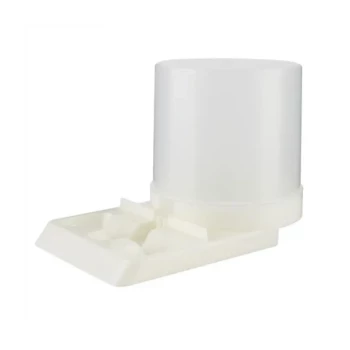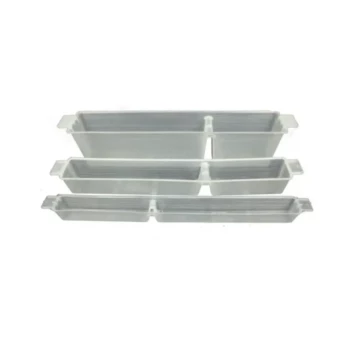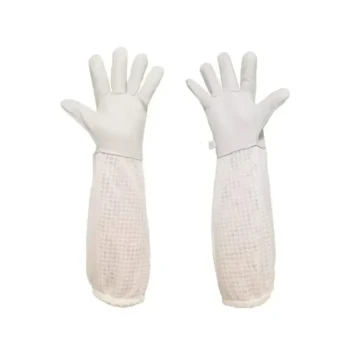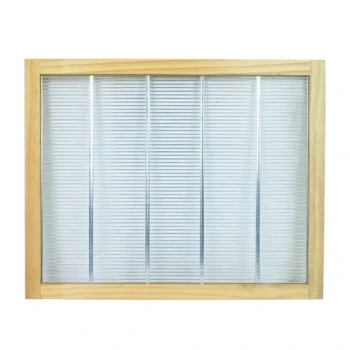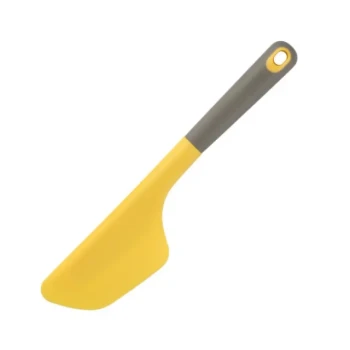Providing supplemental nourishment for your bees is a critical management tool, but it should only be employed during specific periods of need. It is not a year-round activity. The primary situations requiring intervention are when establishing a new colony, preparing an existing colony for winter, and bridging gaps in natural forage availability.
The goal of supplemental feeding is to act as a temporary bridge, ensuring colony survival during periods of scarcity. Your objective should always be to support the bees until they can become self-sufficient, not to create a dependency that disrupts their natural behavior.
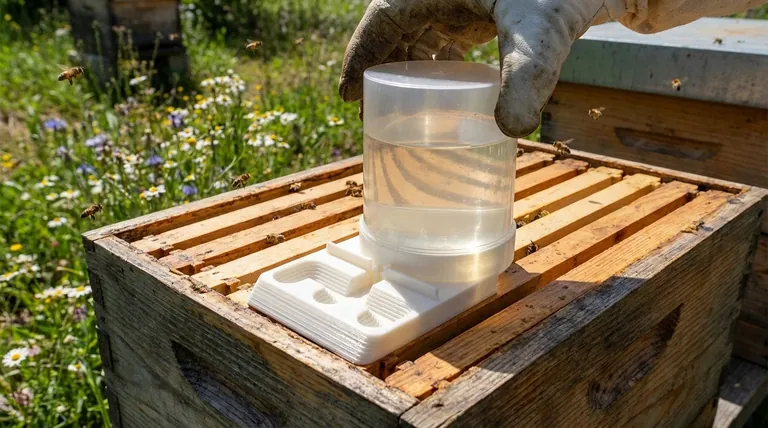
The Principle of a Self-Sufficient Hive
A healthy, established bee colony is a model of efficiency. Understanding their natural process is key to knowing when to intervene.
A Colony's Natural Pantry
Bees are expert foragers, collecting nectar and pollen from flowering plants. Nectar is converted into honey for energy, while pollen is turned into "bee bread" to provide protein, fats, and vitamins essential for raising new bees.
A strong colony will store a surplus of these resources within the hive, creating a natural pantry to sustain them through periods of poor weather or when flowers are not in bloom.
When Natural Forage is Insufficient
There are predictable times when a colony's stored resources may not be enough. These periods, often called a "nectar dearth," are when beekeeper intervention becomes necessary to prevent the colony from starving.
Critical Scenarios for Supplemental Feeding
Feeding should be a targeted response to a specific problem. Here are the most common scenarios where providing nourishment is justified.
Establishing a New Colony
A brand-new colony, whether from a package or a small "nuc," has no stored honey or pollen. They must build all their wax comb from scratch, a process that consumes enormous amounts of energy.
Providing a 1:1 sugar-to-water syrup for the first few weeks gives them the fuel they need to rapidly build comb and establish their food stores, significantly increasing their chance of survival.
Preparing for Winter
In late autumn, you must assess whether your colony has stored enough honey to survive the long, cold winter. If the hive feels light or inspections show insufficient honey frames, you must act.
Feeding a thick 2:1 sugar-to-water syrup allows the bees to quickly store the mixture as a winter food source, preventing starvation before spring arrives.
Preventing Early Spring Starvation
Early spring can be a dangerous time. The queen begins laying thousands of eggs per day, causing the population to expand rapidly. This growing population consumes stored honey at an accelerated rate.
If a long stretch of cold, rainy weather prevents the bees from foraging on early spring flowers, a strong colony can starve in a matter of days. A light 1:1 syrup can be a lifeline during this critical period.
Common Pitfalls and What to Avoid
While necessary at times, improper feeding can cause significant harm to your colony and your honey harvest.
Never Feed with Honey Supers On
This is the cardinal rule. Never provide sugar syrup when you have honey supers on the hive—the boxes intended for human consumption. The bees will store this syrup in the honey frames, contaminating your harvest with sugar water instead of pure honey.
The Risk of Attracting Pests
Spilled syrup or improperly designed feeders can attract ants, wasps, and other pests. More dangerously, it can incite "robbing," where bees from stronger nearby hives attack and raid the weaker colony for its resources, often destroying it in the process.
Creating Dependency
Feeding should cease as soon as natural nectar sources become available. Continuous feeding can discourage bees from foraging naturally, creating a welfare colony that is dependent on the beekeeper for survival.
Making the Right Choice for Your Colony
Your feeding strategy should be dictated by the colony's specific needs at a given time of year.
- If your primary focus is establishing a new colony: Provide a 1:1 sugar syrup for the first few weeks to accelerate comb building and population growth.
- If your primary focus is ensuring winter survival: Check hive weight in the fall and feed a heavy 2:1 syrup only if stores are insufficient to last until spring.
- If your primary focus is maximizing pure honey production: Avoid feeding entirely when honey supers are on the hive to guarantee the quality of your harvest.
By understanding why you are feeding, you can transition from simply keeping bees to strategically ensuring their long-term health and success.
Summary Table:
| Feeding Scenario | Objective | Recommended Feed | Key Timing |
|---|---|---|---|
| New Colony Setup | Accelerate comb building & population growth | 1:1 sugar-to-water syrup | First few weeks after installation |
| Winter Preparation | Prevent starvation during cold months | 2:1 sugar-to-water syrup | Late autumn, if hive stores are insufficient |
| Early Spring Gap | Bridge forage scarcity during population boom | 1:1 sugar-to-water syrup | When cold/rainy weather limits natural foraging |
Equip your apiary for success with HONESTBEE. As a trusted wholesale supplier for commercial apiaries and beekeeping equipment distributors, we provide the durable, high-quality supplies you need to manage colony nourishment effectively—from reliable feeders to essential hive components. Let us help you build stronger, more self-sufficient colonies. Contact our expert team today to discuss your wholesale needs and ensure your bees thrive in every season.
Visual Guide
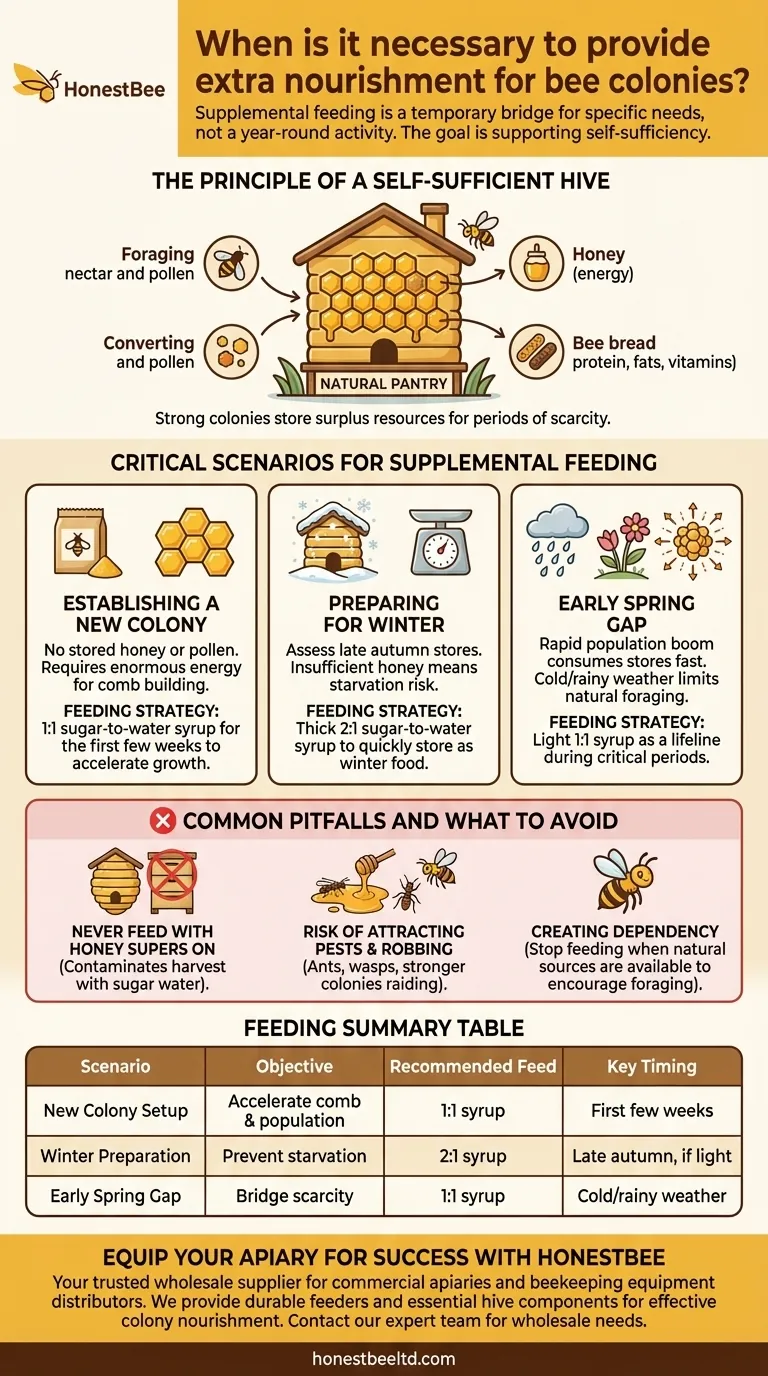
Related Products
- HONESTBEE Entrance Bee Feeder Professional Hive Nutrition Solution for Beekeeping
- HONESTBEE Professional Entrance Bee Feeder Hive Nutrition Solution
- In-Hive Dual Compartment Frame Bee Feeder for Targeted Colony Nutrition
- Professional Galvanized Hive Strap with Secure Locking Buckle for Beekeeping
- Automatic Honey Flow Beehive 4 Frame Mini Hive for Beekeeping
People Also Ask
- How does liquid bee feed containing binomial and monomial sugars differ from standard sugar water? Better Bee Health
- What types of bee feeders are available for beginners? Start with the Simple Entrance Feeder
- How do white sugar supplements help maintain bee colonies? Support Growth & Prevent Starvation During Nectar-Dearths
- Why is a 1:1 sugar syrup ratio used in bee feeders prior to a major nectar flow? Boost Your Hive's Peak Productivity
- How do vacuum feeders facilitate the delivery of dsRNA suspensions in honeybee trials? Precision Dosing & Biosecurity
- What is the technical value of supplemental feed during peak hornet activity? Strengthen Colony Resilience
- What are the advantages of placing feeding equipment inside the beehive honey supers? Boost Stingless Bee Productivity
- How does the internal feeder method work? Protect Your Hive from Robbing and Cold
